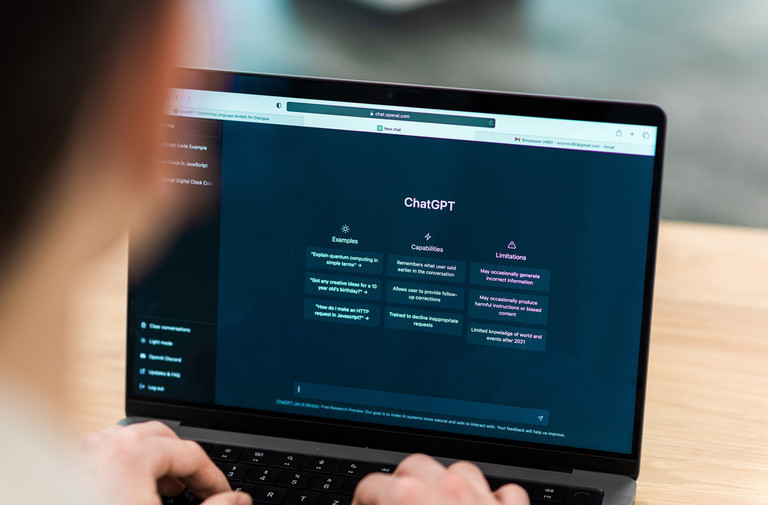
Experts all have predicted that the popularity of generative AI will increase rapidly in 2024.
According to Bee Kheng from Cisco, AI is changing from a technology that is “fine, but it doesn’t matter too much" to a "must-use" technology.
She sais AI is expected to be one of the major driving forces of the global economy in the next decade. However, not all organizations have prepared well to grasp the opportunity. A survey by Cisco found that only 27 percent of organizations in Vietnam have made preparations to take full advantage of AI, of which 81 percent admitted worries about AI's impact on their business if they remain passive in the next 12 months.
Jung Woo Han from RMIT affirmed that AI tools will help increase human’s productivity, but it is not adequate enough to totally replace human workers.
He said some AI-based fields pose a significant threat to workers in the near future, but experts believe that its impact will be limited within certain spheres. The people working in the service sector will be more heavily impacted than those in the manufacturing sector.
Notably, works related to content creation and repeated tasks are very likely to be replaced by generative AI. The works could be market analysis, technique document writing, and website development, which were once considered stable jobs for workers with higher education levels.
Vice President of FPT University Hoang Nam Tien said many workers in Vietnam have lost their jobs because of robots.
The expert thinks that Vietnam as an emerging economy still relies on production and agriculture, and will be less impacted by AI. This means that AI’s short-term impact on the labor market will be weaker than in developed countries.
However, this doesn’t mean that Vietnamese workers will stay ‘safe’ amid the strong rise of technology. Some service sectors, such as tourism, will bear higher impact as it is expected to develop rapidly in the next few years. Once modern AI connects with the latest robot technology, the labor market will ‘shake’.
The expert cited OpenAI, the developer of ChatGPT, as saying that jobs that require higher education level will be at higher risk than jobs that can be done by those finishing general education. People with higher education levels mostly work in the service sectors that require higher content creation capability.
Also, the AI’s capability of creating content, plus direct interactions, will threaten frontline workers in the service sector, such as the AI named Sapia that can interview candidates with chatbots during recruitment campaigns.
Developing emerging AI skills is a must
While warning of the high risks of losing jobs, Jung Woo Han said instead of worrying too much about what to do to retain jobs, workers need to spend time on developing emerging AI skills.
An attitude to build a culture of productivity, innovation and creativity, unlocking limitless potential for organizations, will never be replaced.
Once more people are trained to be able to effectively communicate with AI, AI will help create and bring more effects of higher value. The possibility of dominance of AI in creating knowledge in society has raised concerns, because generative AI tries to answer all question raised by users even when it does not understand the issues.
The reliability and validity of AI-generated answers are often in doubt, raising issues of copyright and plagiarism. If more and more content is created based on a dominant AI in the market, then their AI algorithms will create a certain bias.
In addition, there are many reports and studies showing that AI can exacerbate racism and other forms of discrimination in human society. Therefore, there should to be a legal framework to prevent these negative impacts.
Van Anh